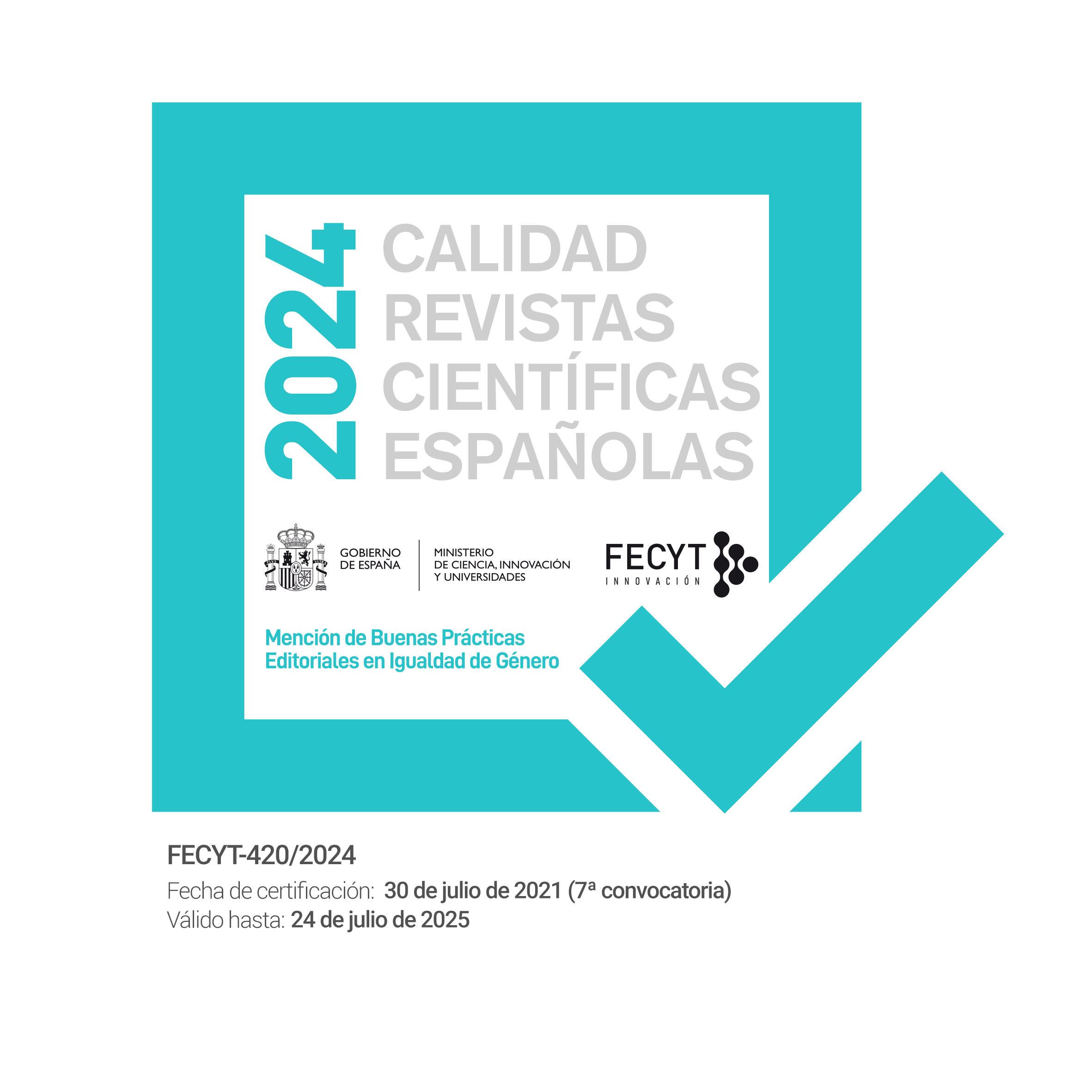Sacred Contagion: Illness and the Origins of Community in Blai Bonet's El mar
Keywords:
Blai Bonet, sacred, taboo, Georges Bataille, Tuberculosis, communityAbstract
This article proposes that Blai Bonet’s representation of illness and violence in his debut novel El mar identifies the sacred as a primary existential component of being-with-others. Bonet’s attention to the sacred relates literary representation with theological and philosophical inquiry, particularly that of the French College of Sociology and the mid-century work of one of its founding members, Georges Bataille, who similarly theorized the importance of the sacred in the construction of community. For Bonet, poetics merges abstract existentialist contemplations of the sacred with the practice of everyday life, and especially with the historical moment of El mar’s writing, which he referred to as a moment of ‘esfondrament total’. The article studies three clear affinities between Bonet and Bataille’s interpretations of two related dyads: the sacred and the profane, on the one hand, and taboo and transgression, on the other.
Downloads
Published
How to Cite
Issue
Section
License
All contents published in the journal are protected under a Creative Commons BY-NC-ND license. This corresponds to legislation within Spain, and does not allow commercial use of the texts. It is not possible to modify the contents either.
General information.
Comparative Literature magazine 452ºF [ISSN 2013-3294] is a publishing project coordinated by Asociación Cultural 452ºF, and developed by its Editorial board.
Access to the Contents and Copyright.
All contents published in the journal are protected under a Creative Commons BY-NC-ND license. This corresponds to legislation within Spain, and does not allow commercial use of the texts. It is not possible to modify the contents either.
Every person has free access to the contents of the journal as long as they understand and assume that no profit is to be made on other people’s work.
In all cases, the original source name of the online journal and the article must be mentioned when used for any purposes.
Basic Conditions of all Call for Papers.
- 1. The author accepts that sending the paper:
- a. Does not guarantee the publication of it.
- b. Is done in accordance to the style-sheet of the magazine and the requirements of the specific call for papers.
- c. Implies the non-exclusive transferring of the first publication rights of the paper, as long as it is selected to be published in the journal, to theAsociación Cultural 452ºF, under a Creative Commons BY-NC-ND license.
- 2. The journal 452ºF, in due respect to moral rights of a copyright, guarantees that:
- a. All papers will be evaluated according to the procedure already mentioned.
- b. All authors will receive either a positive or negative answer to their sending a paper for publication.
- c. All papers will be published unabridged. The journal might make changes in the typographical disposition according to the needs.
- d. All papers will be published under a Creative Commons BY-NC-ND license.




